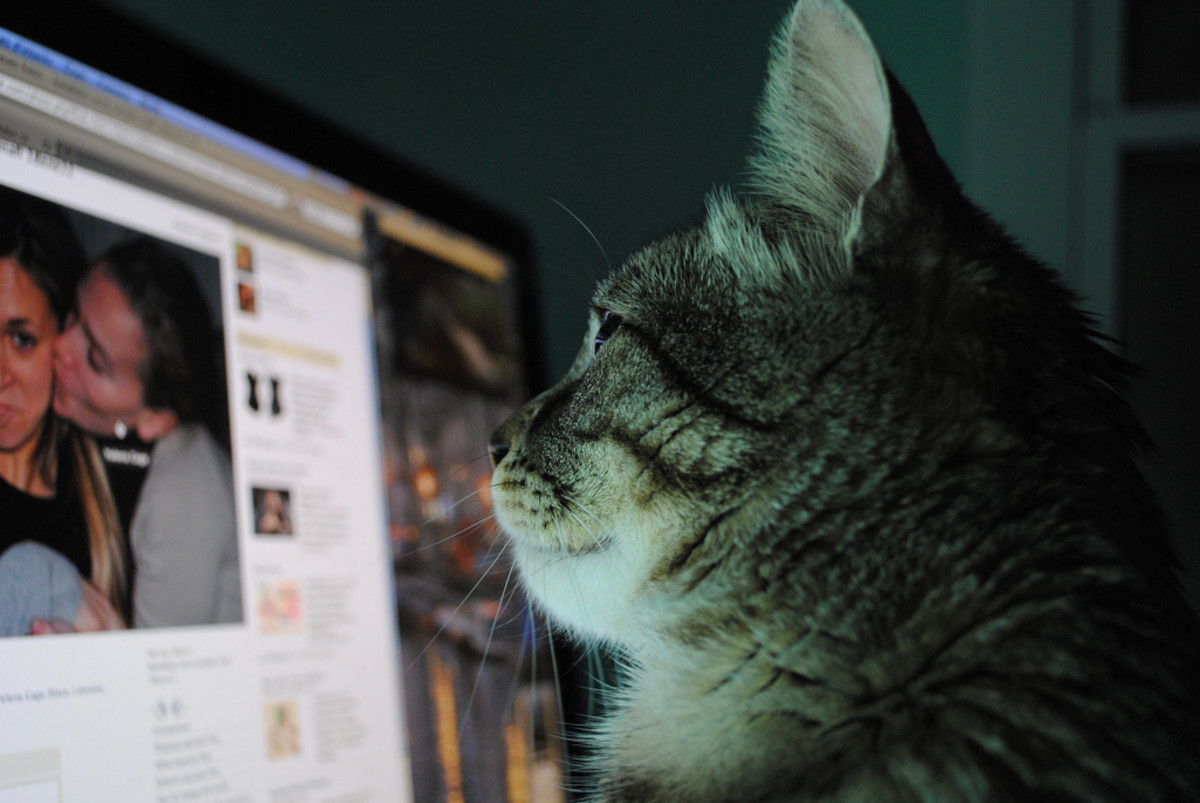Phubbing: A Social Norm at a Cost!

Phubbing, a new buzzword, means snubbing someone we are talking to by looking at or using our phone. It’s almost certainly part of our everyday life. Just think about how often a conversation stalls because our friends or we have pulled out a phone and got busy with it.
Researchers have concluded that phubbing has become the norm as both observed and personal behavior. However, it is now socially acceptable.
People who are addicted to their smartphones will use their device uncontrollably, even if it is discourteous or prohibited to do so.
Researchers have found that internet addiction, fear of missing out, lack of self-control and smartphone addiction have resulted in phubbing behavior. However, the frequency of phubbing behavior and of being phubbed may both lead to the perception that phubbing is normative.
An obsession with being online ultimately puts us offline with regards to intimate relationships, losing our connection with real, meaningful relationships with our family, our spouses and our friends. An obsession with technology can lead to sleep deprivation, social isolation, disappointment, and depression because of a pseudo-relationship with a screen.
Reasons for Phubbing –
Mental diversion - We find it difficult to be with our thoughts even for more than six to eight minutes. After that, we need a stimulant for diversion from our thoughts. That is why we rush for the mobile phone every time our mind is free.
A desire to stay connected – We have a strong desire to feel connected with people especially friends and family members because it psychologically offers us comfort. That is why we immediately reach for our mobile phones to feel connected with our near and dear ones.
Fear of missing out – This is one of the important reasons behind the phubbing behavior of people. The fear of missing out never lets us relax and people spontaneously visit social networking sites, check emails or browse WhatsApp messages. It's crucial for them to keep their fingers on the pulse and to make their presence felt. Like any other kind of fear, this is also quite stressful.
Fear of losing control – This is one of the most prevalent fear people have. As a matter of fact, people with a fear of losing control are perfectionists. And when they don't get what they want, they worry and ruminate about it. Reaching for the phones is their way to maintain their grasp on a situation. Thus, fear of losing control promotes phubbing behavior.
Lack of self-control – Self-control is a limited resource. It is an ability to regulate one's emotions, thoughts, and behavior in the face of temptations and impulses. People who lack self-control are likely to indulge in phubbing behavior.
Internet addiction – Like all addictions, internet addiction has certain characteristics, which include compulsive use (loss of control), mood modification and the alleviation of distress, tolerance, and withdrawal, and continuation despite negative consequences. Internet addiction is a fast-growing social and medical problem as adolescents (12–17 years) and emerging adults (18–29 years) access the internet more than any other age group and undertake a higher risk of overuse of the internet. Obviously, the phubbing behavior is more prevalent in people, who have an internet addiction.
Harms of Phubbing -
General dissatisfaction in relationships - Phubbing actually facilitates relationship dissatisfaction on a subconscious level by creating emotional distance between partners. Thus, it creates conflicts, leading to lower levels of relationship satisfaction. Phubbing breeds feelings similar to that of social ostracizing.
Dissatisfaction with romantic relationships - Researchers also found that those who experienced the most phubbing in their relationships also tended to have more conflict, leading to more unhappiness in both the lives of romantic partners. In blatant terms, partner-phubbing does have a measurable effect on happiness, regardless of attachment styles.
Bad for the mental health - Phubbing is considered bad for our mental health because it threatens our fundamental needs - a sense of belonging, self-esteem and meaningful existence. Thus, it makes people feel excluded.
The bottom line –
The social phenomenon of phubbing has been keeping researchers busy since it has gained social acceptance. However, it is affecting our lives tremendously in terms of the health of our relationships and our own personal health.
References -
- Elsevier Computers in Human Behavior Volume 63, October 2016, Pages 9-18; how “phubbing” becomes the norm: The antecedents and consequences of snubbing via smartphone.
- Elsevier Computers in Human Behavior Volume 54, January 2016, Pages 134-141; my life has become a major distraction from my cell phone: Partner phubbing and relationship satisfaction among romantic partners.








